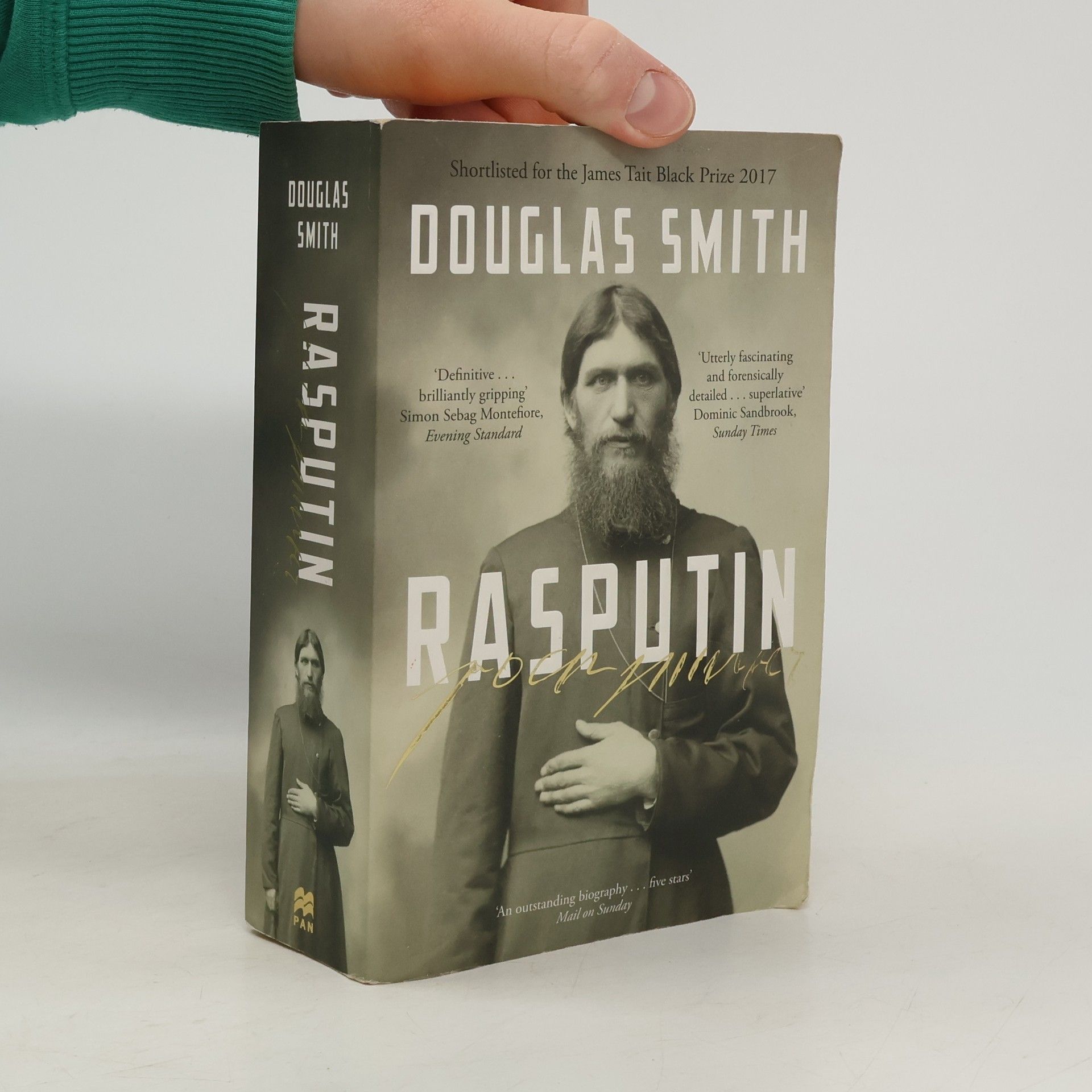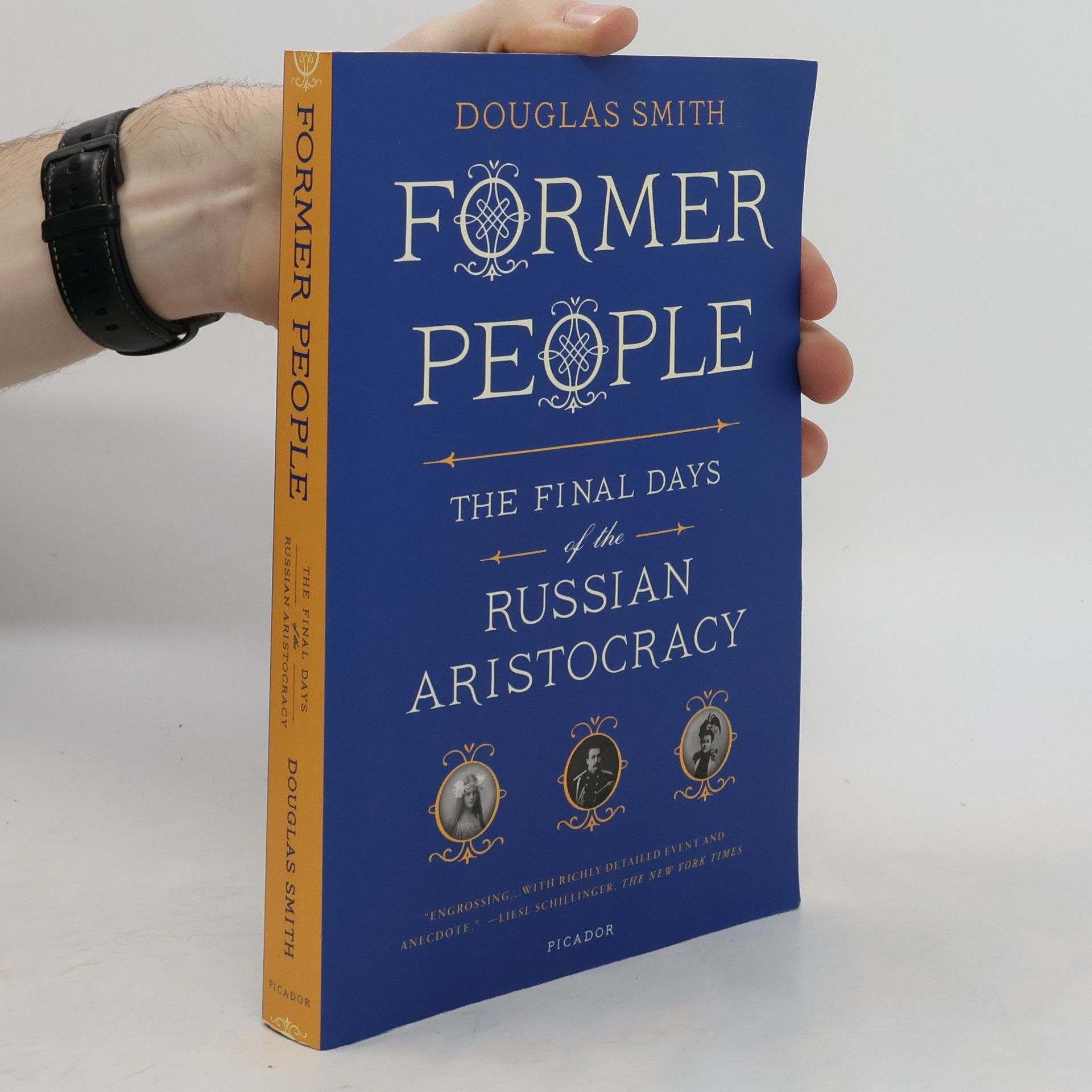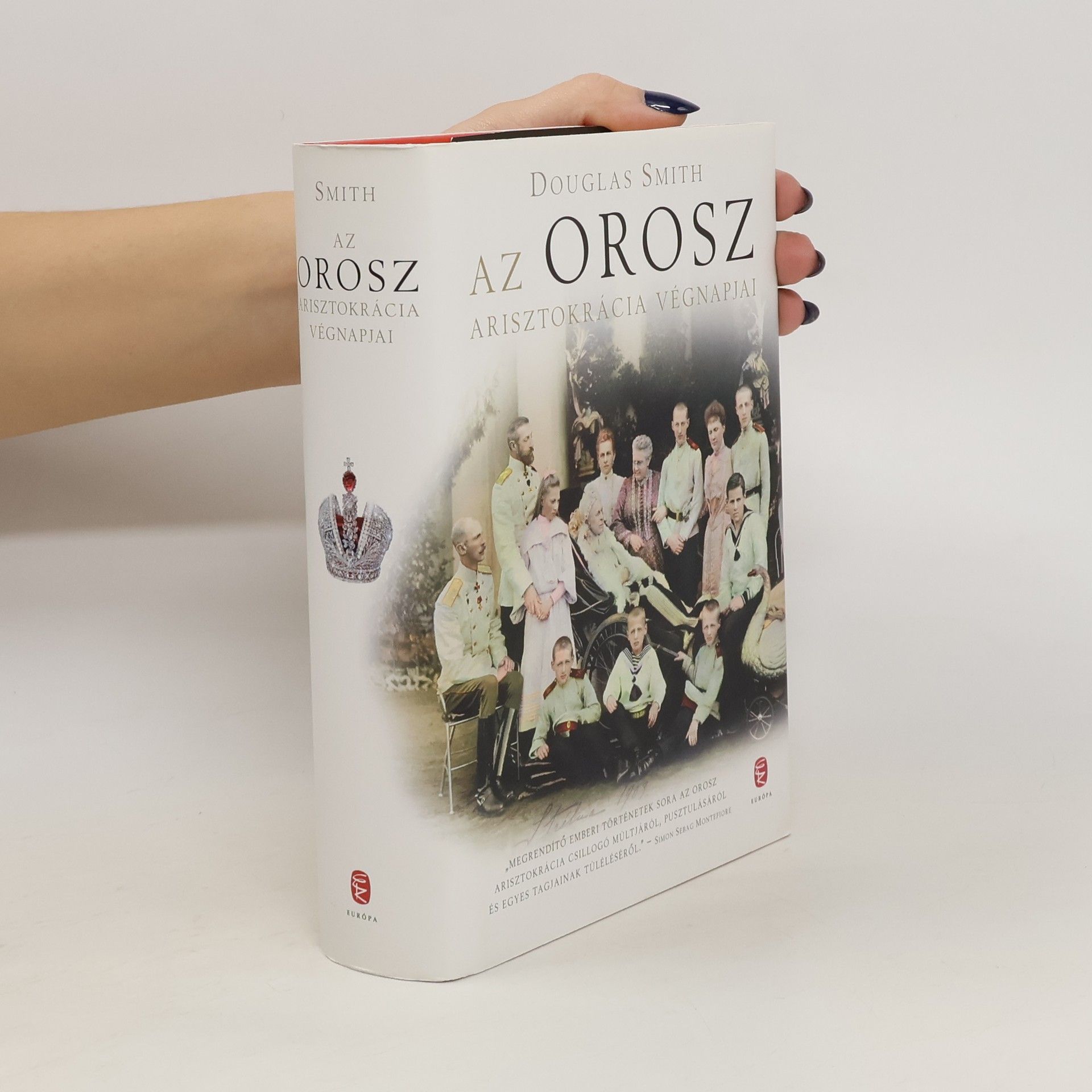Chimerascope
- 334 pages
- 12 hours of reading
Recognized with multiple prestigious nominations, this book stands out for its compelling narrative and engaging themes. It explores intricate character dynamics and thought-provoking concepts, appealing to a diverse audience. The accolades highlight its impact within the literary community, showcasing its quality and relevance. Readers can expect a captivating journey that resonates with both emotional depth and imaginative storytelling.




